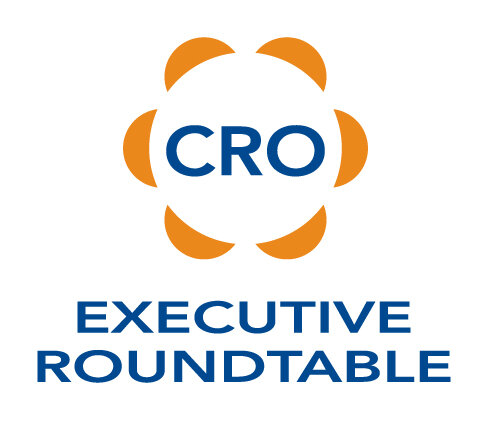The title of this post is one of my favorite questions to hear from a candidate in an interview, especially in sales.
Monster’s website has a good article on 4 questions for candidates to ask. I still like the failure question as it is as good a qualifying question any candidate can ask. The author adds this from a candidate’s perspective:
“This question allows you to get a good feel about the values of the company.
…
Making sure that the company’s values are aligned with yours is one of the most important elements to check out in the interview process.”
Exactly right. Candidates should be asking about failures in the role especially if the hire is a replacement.
Here is why – in psychological terms, we know that people are far more accurate in describing themselves in the negative (i.e. what they are not as opposed to what they are). This principle carries over in this particular interview question. Asking what led to failure will provide a far more revealing answer than asking what leads to success (though still important to know at some point).
When you are hiring salespeople, the answer to this question should roll off your tongue. The key is not to focus singularly on the former salesperson who failed, but to take a macro view of the situation. The rationale for this approach is to provide a less personal and more strategic an answer.












